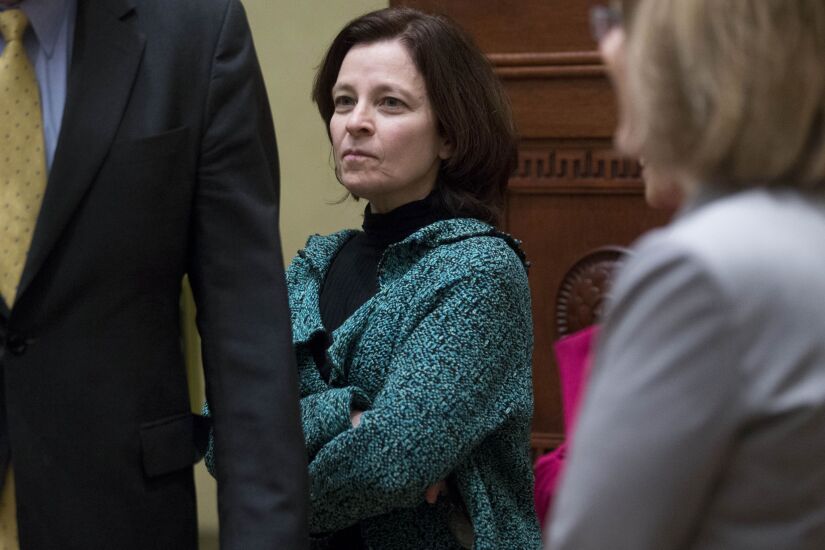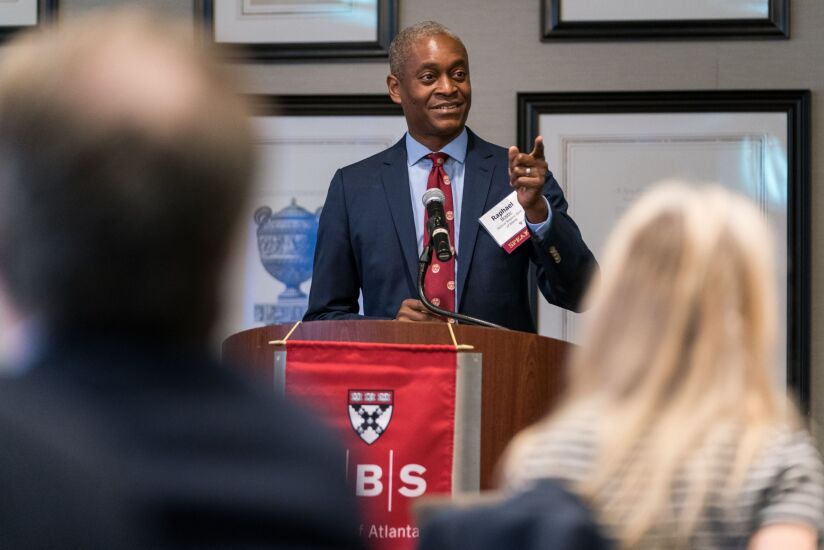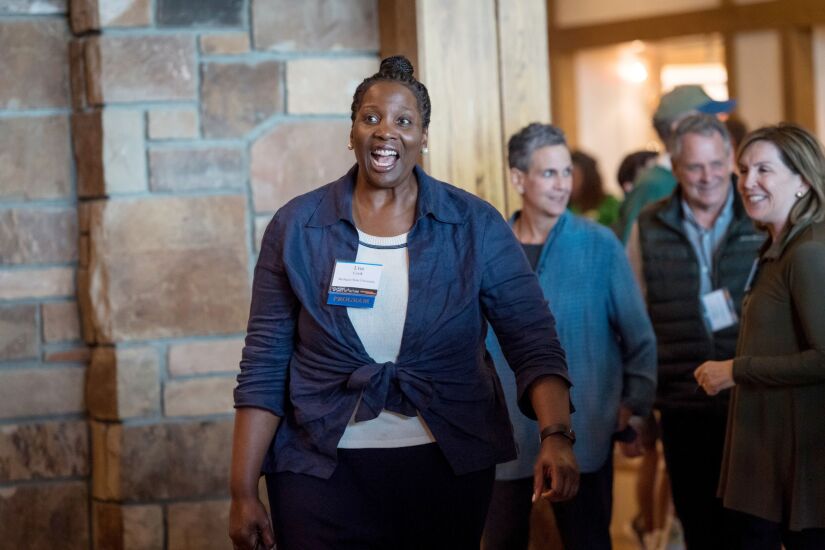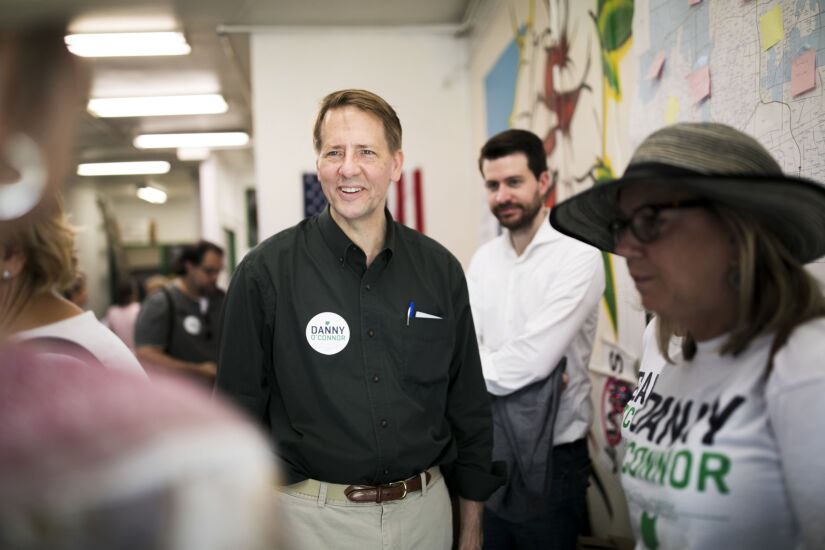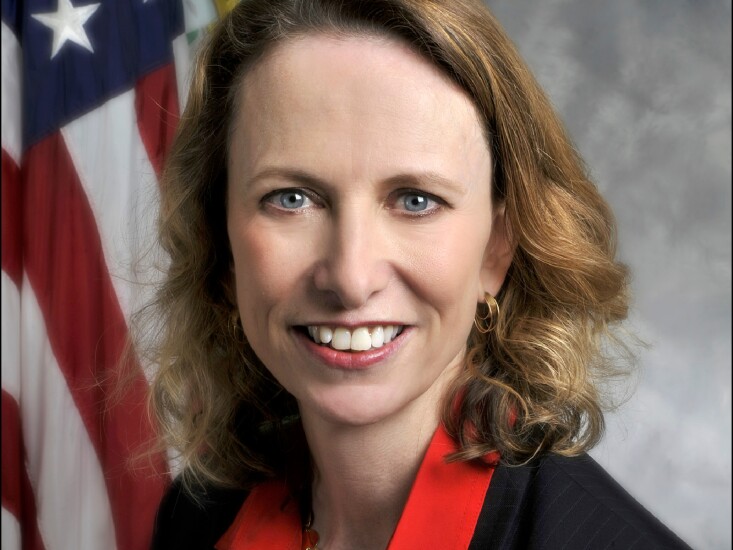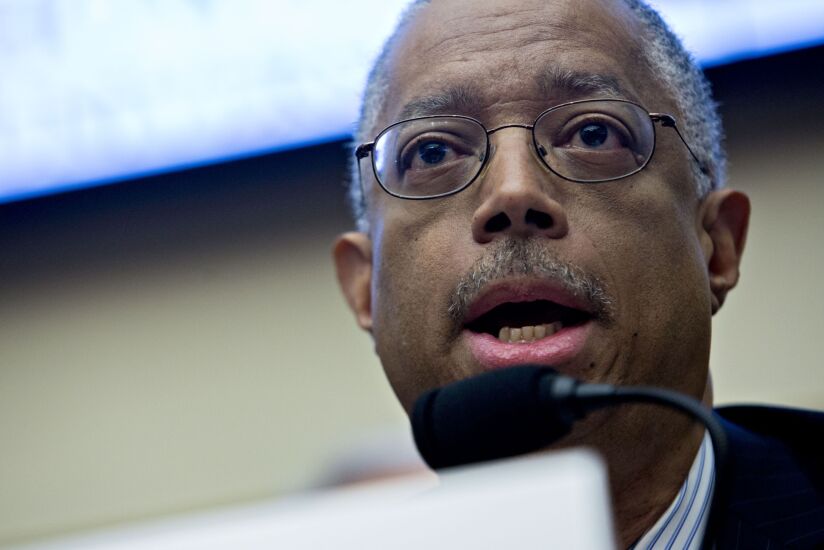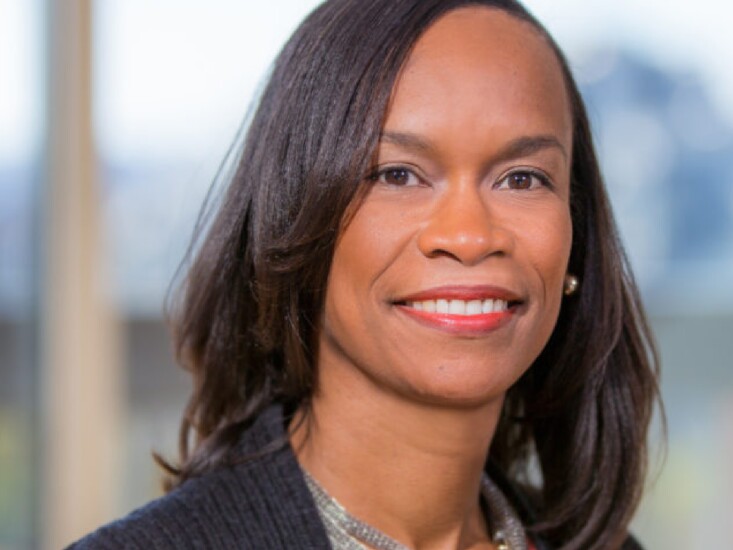WASHINGTON — President Biden ended the guessing game last month over his choice to run the Federal Reserve Board when he announced the renomination of Chair Jerome Powell to another term leading the central bank.
But Powell’s
The White House has signaled that the additional nominations could come soon.
"The President intends to make those appointments beginning in early December, and is committed to improving the diversity in the Board’s composition," according to a White House statement released when Powell's nomination was announced.
Gov. Randal Quarles’ term as vice chair for supervision — effectively the Fed’s top bank regulatory position — ended recently and he plans to leave the board at the end of December. Meanwhile Vice Chair Richard Clarida’s term expires at the end of January, and an additional board seat has been vacant since before Biden took office.
The Wall Street Journal
Here is a look at the candidates for open seats on the Fed board.
